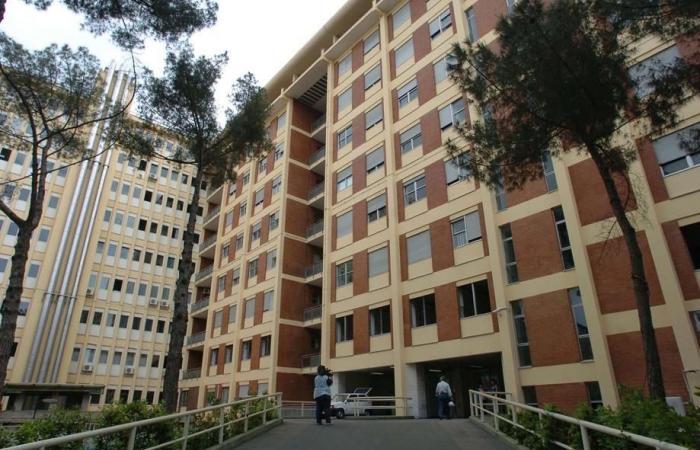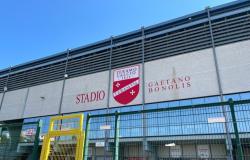The Tumor Institute of Naples, the first in Italy and Europe, has started the Hvas (Home Vascular Access System) project to reduce the discomfort of patients with Picc, the catheter used to inject chemotherapy medicines into the veins. In detail, the caregivers, appropriately trained by the staff of the oncology center, will be able to carry out the weekly Picc medication at home under the guidance of the healthcare professional via remote assistance, via smartphone, and thus avoid trips to the clinic. The project, in addition to guaranteeing a better quality of life for the patient and caregiver, reduces access to hospital facilities, the risk of contracting infections, but also costs in terms of time, transport and days of work lost to accompany or follow certain caring actions.
After a cancer diagnosis and the start of treatment – we read in a note – the patient does not only have to deal with physical and psychological pain, but also with practical issues such as reaching the hospital every week to be disinfect the Picc (peripherally inserted central venous catheter) to guarantee its functionality and prevent infections. The issue does not only concern the patient, but also his family members: for example, when he is very old or very distressed by the illness, he must be accompanied and the request for a day’s leave from work by the family member becomes something that lasts for months, impacting the entire family.
“Carers play a fundamental role in this process – states Pasquale Aprea, head of the Pascale Vascular Access and Day Surgery Departmental Structure, as well as coordinator of the Hvas project – They are not nurses or doctors: they are people appropriately trained by healthcare professionals to carry out specific tasks, elementary tasks, but enormously useful for patients. Patients and caregivers can benefit from constant support from expert clinical staff during vascular access management procedures, through a teleassistance system that allows them to monitor the vascular access in real time. execution of the procedure. This has great value not only from a clinical point of view, but also from a human point of view.” The first training course, which has just begun, saw the participation of 25 caregivers.
“The objective – underlines the general director of Pascale, Attilio Bianchi – is to guarantee qualified and quality local assistance to all those patients who must undergo infusion therapies frequently, through an all-encompassing system of people, devices, certified training and dedicated technologies. The Hvas del Pascale project, also strongly supported by Sandro Pignata, our oncologist and scientific director of the Campania Oncology Network – he adds – also responds in a coherent manner to what is defined in the broader European Oncology Plan with declination in the National Plan, which underlines the importance of the application of eHealth education techniques. It also highlights the increasingly strategic role of the caregiver who in many cases, if adequately involved and trained, becomes part of the treatment path of the person suffering from cancer”.
Satisfaction with Pascale’s initiative also comes from the staff manager of the general directorate for health protection of the Campania Region, Ugo Trama. “In recent decades – he observes – diagnostic and therapeutic innovations have contributed to an increase in the survival of cancer patients, leading to changes in care models in favor of a greater diffusion of follow-up activities and maintenance therapies throughout the territory. Therefore , facilitating patient access to decentralized settings – Trama points out – becomes a necessity for realistic management of the cancer patient and, in this context, the project responds in a coherent manner by aiming for proximity of care. The concept of proximity also responds to the strengthening of home care and telemedicine, all activities to be considered as an inseparable and innovative whole aimed at guaranteeing better outcomes and quality of life for both patients and their caregivers, as well as – he concludes – at guaranteeing more equitable and sustainable healthcare” .






